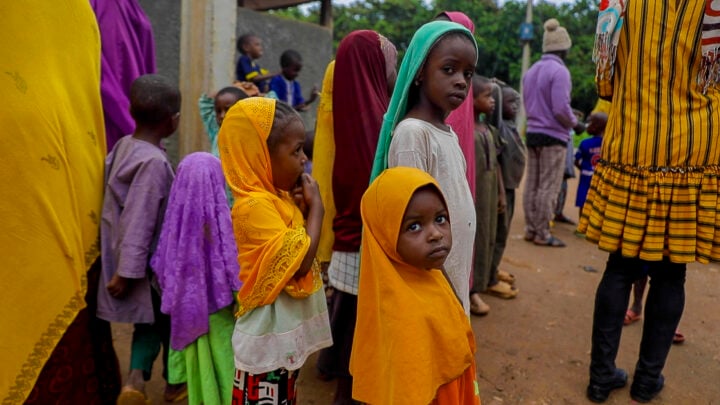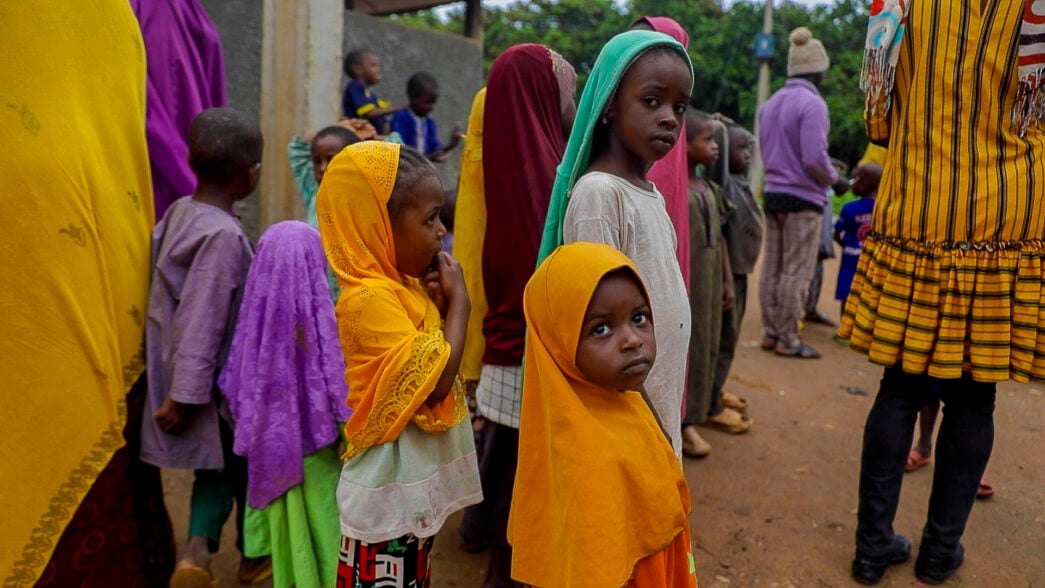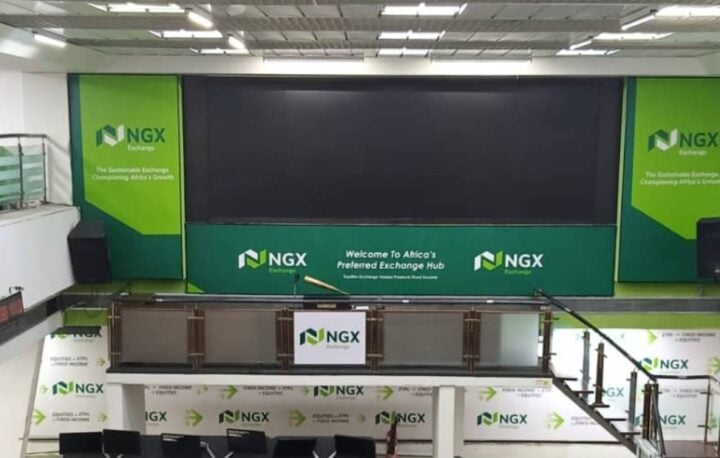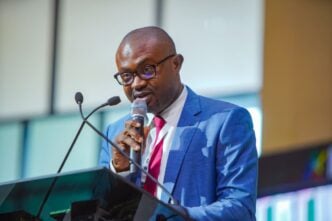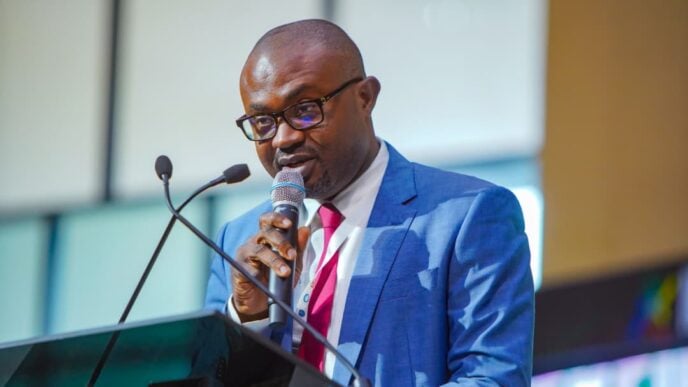The education ministry says it plans to integrate at least 50 per cent of Nigeria’s nomadic children into formal basic education by 2027.
Folake Olatunji-David, the director of basic education at the ministry, spoke from Abuja in a virtual interview with a team of journalists.
In April 2025, TheCable published a two-part series with documentary, audio, and data components on the educational deprivation affecting nomadic children.
The story reported that the basic school enrollment rate for Nigeria’s nomadic children was an average of 1.8 million, with an estimated 5 million children left idle in huts, among cattle, and on farms all day on the remote margins of society.
Advertisement
It demonstrated how enduring insecurity threats disrupt already struggling nomadic schools in the country’s far north, resulting in a shortage of instructors and a student-teacher ratio of 91:1 as against UNESCO’s recommended 40:1.
The report also highlighted cultural barriers, teacher attrition, infrastructure gaps, and legislation among the factors impeding basic school enrolment for nomads.
Olatunji-David said the education ministry, under its planned intervention, intends to integrate 20 per cent of Nigeria’s nomads into formal education by 2026 and an additional 30 per cent by 2027.
Advertisement
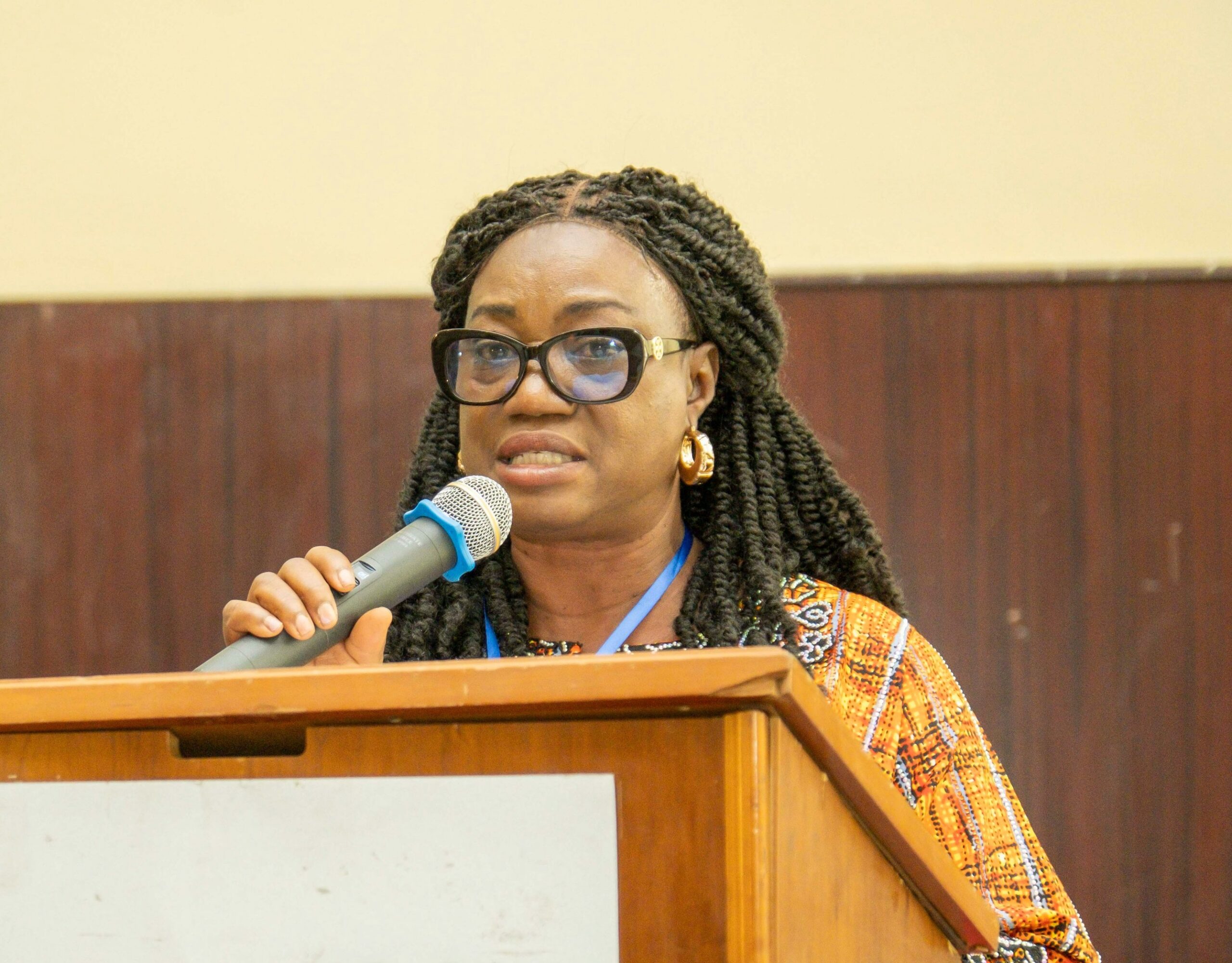
She said an accelerated basic education scheme will be provided so that they will catch up, while skill-based modules will be imparted along the lines of their ancestral occupation.
“Out-of-school rate is still a very disturbing issue. One of the priorities of the present administration is to drastically reduce the number of OOSC and integrate the Almajiri education system, so that all children in Nigeria are provided for in terms of basic education,” she said.
“There has been a policy shift to ensure that all children are in school. There is a national strategy to engage them, irrespective of where they are, whether they are nomads or permanent residents.
“This national strategy is to ensure that the mandates of all agencies under the education ministry are properly implemented and funded.
Advertisement
“The National Commission for Nomadic Education is the agency charged with ensuring that children of nomads, migrant fisher folks, and pastoralists have access to quality education.
“There are planned strategies to ensure that we integrate a minimum of 20 per cent of these children by the next year.
“By 2027, we will have an additional 30 per cent integrated into the formal school system or provide education for them if they are not able to be mainstreamed.
“There will be accelerated basic education provided so that they will catch up. Skills along the line of their profession with be imparted to them and their parents. That way, they can be viable instruments for Nigeria’s economic development.”
Advertisement
Earlier, the NCNE initiated a nationwide survey to inform the education ministry’s interventions for out-of-school nomads.
A UNESCO estimate, in 2024, said Nigeria has up to 28 million out-of-school children across its rural and urban centres.
Advertisement

